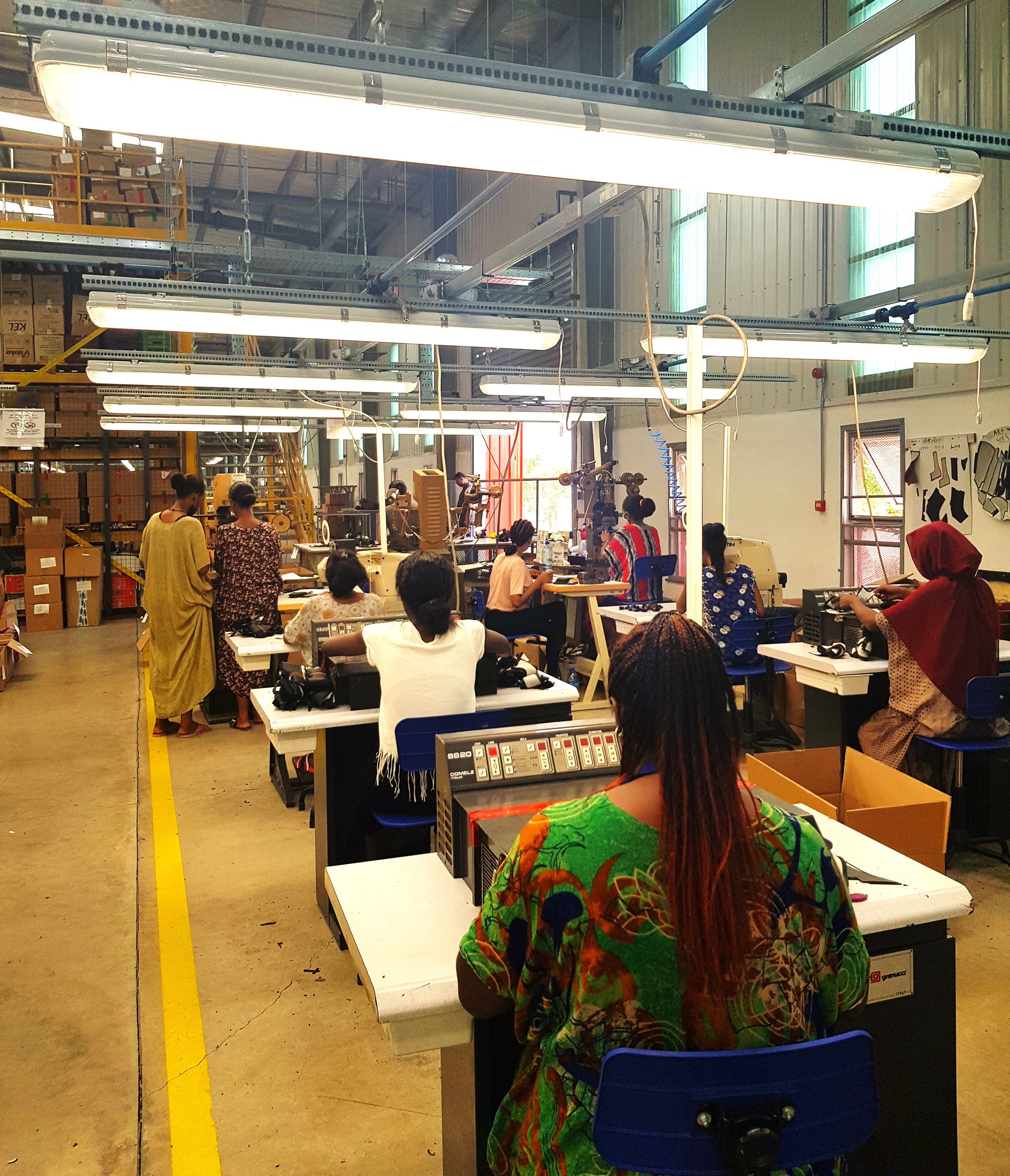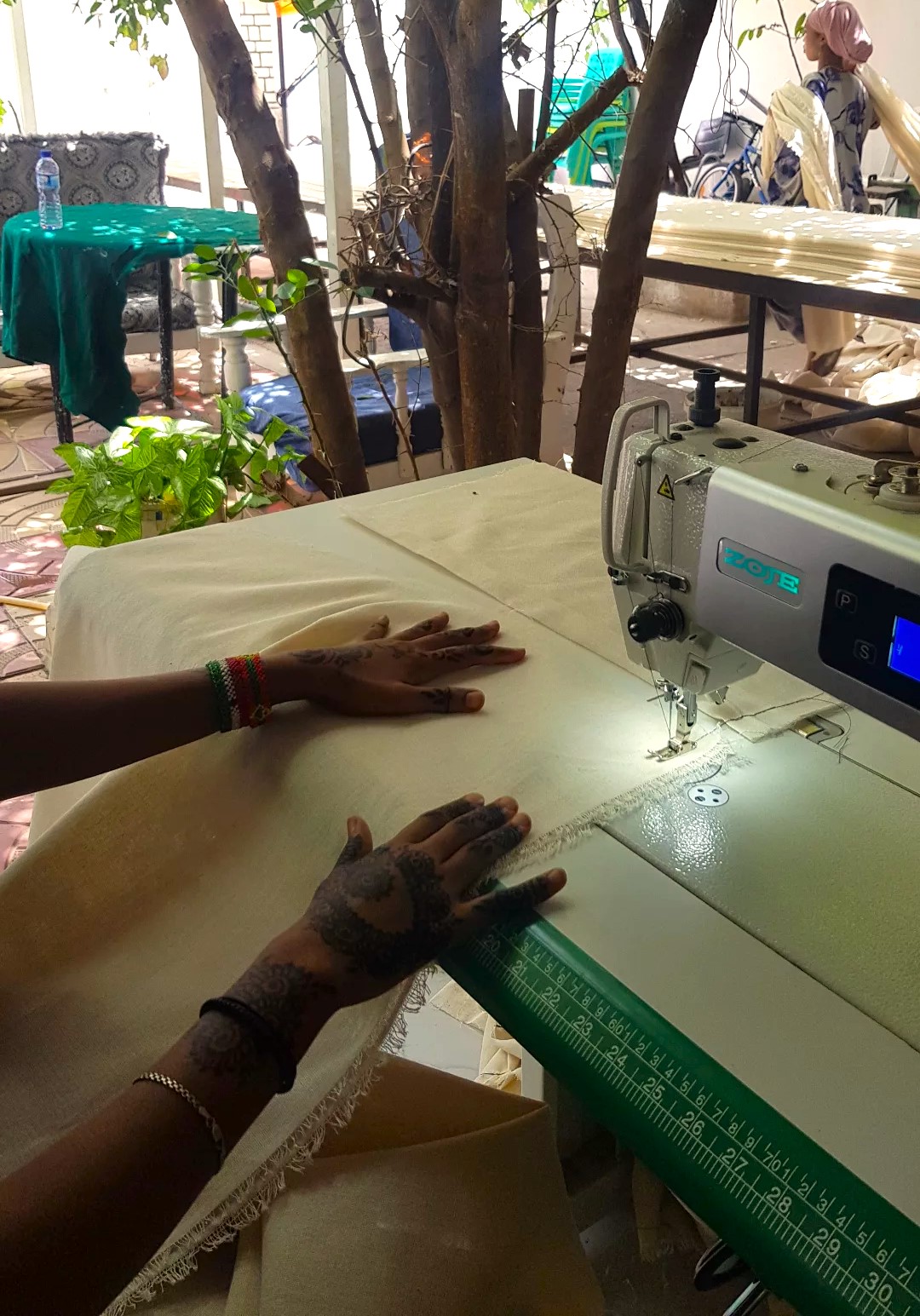My main research interests are development economics, conflict economics and economics of crime. I am also passioned about replication.
Cocaine production and violence
My job market paper is about cocaine production and violence in Colombia. In my job market paper Throwing gasoline on the cocaine production: the effect of a supply shock on violence I analyze a little-researched topic linking cocaine production and violence in Colombia using data on coca cultivation and homicides. I exploit an exogenous supply shock in smuggled gasoline, an input factor needed to produce cocaine, and analyze the effect on violence in coca-producing areas compared to non-producing areas using a difference-in-differences strategy. The price of trafficked gasoline decreased in 2016 due to an exchange rate shock between Colombia and Venezuela. The impact of the shock is an increase of between 7.76 and 11.69 homicides per 100,000 inhabitants. This paper contributes to the literature by showing that when it becomes cheaper to produce cocaine, there is more violence in production areas. By looking at a purely economic effect on the drug market instead of a drug enforcement effect, the paper also shows that there is an effect of price changes on the cocaine market that goes beyond drug enforcement. You can read my job market paper here.

Photo of coca leaves by reseacher
Ethnicty identity and discrimination
Effects of jobs on ethnic switching – evidence from a field experiment in Ethiopia
Forthcoming in Journal of Development Studies , together with Lovise Aalen, Andreas Kotsadam, and Espen Villanger.
Ethnicity is a dynamic construct, with individual-level ethnic switching reported in numerous contexts. Ethnic switching, typically attributed to instrumental or social identity motivations, is hypothesized to be influenced by employment, as it facilitates a shift away from land-based, ethnic dependencies. However, confirming this theory is challenging due to inherent selection biases in employment. Collaborating with 27 firms across five Ethiopian regions, we randomized job offers to women. Utilizing longitudinal data spanning five years, we discovered that formal employment causally provokes a remarkable 183 percent surge in ethnic switching. In-depth qualitative interviews in the two regions with the highest incidence of switching show that instrumental factors, particularly fear during work commutes, appear to be a pivotal mechanism.

Photo of Ethiopian worker by reseacher
Interpersonal and ethnic bias in Ethiopia
Under Review
I study how 1200 women and their husbands from across Ethiopia discriminate based on ethnicity. Two randomized vignette experiments were conducted to test ethnic bias toward politicians and a local villager. I find that the women and their partners have a significant ethnic bias against politicians of another ethnicity. However, the women do not have any ethnic bias against the villager. Surprisingly, their partners show strong ethnic bias against the villager from a different ethnic group. I contribute to the literature on ethnic bias and discrimination by showing that discrimination against ethnicity can vary depending on the situation. Further, I show that in the period leading up to the current civil war, women did not discriminate against other women in their area. Lastly, I contribute to the literature by showing that men might discriminate more than women, even when controlling for men and women living together, and thus assumed to have more similar attitudes.

Photo of Ethiopian workers by reseacher
Military drones and radicalization in an African context
Military drones are becoming an increasingly used method of bombing across the world. It is widely used against terrorism cells in the Middle East and Africa. I use the geocoded Afrobarometer dataset to examine the effects of bombings on civilians’ attitudes close to affected areas by combining the geocoded dataset from the Afrobarometer with the Armed Conflict Location & Event Data Project (ACLED). Within the topic of bombing and attitudes, I focus on air/drone attacks since they have become increasingly used. The drone attacks will be related to civilians’ attitudes towards the local and central government and trust and sympathy with terrorist groups. I use a quasi-experimental regression discontinuity (RD) analysis to compare areas before and after bombing that were close to an attack. This method would be well suited as it overcomes the endogeneity issue. My preliminary findings show that strikes can adversely affect trust and perceived threat by terror organizations.
Replication Projects
Mass Reproducibility and Replicability: A New Hope
With Abel Brodeur et al. 2024
Under Review. I4R Discussion Paper Series 107, The Institute for Replication (I4R). The workpaper can be found here.
Comparing Human-Only, AI-Assisted, and AI-Led Teams on Assessing Research Reproducibility in Quantitative Social Science
Abel Brodeur et al. 2025
Under Review. I4R Discussion Paper Series 195, The Institute for Replication (I4R). The workpaper can be found here.
Replication Report: Checking and Sharing Alt-Facts
Together with Erik Ø. Sørensen 2023
The report can be found here.